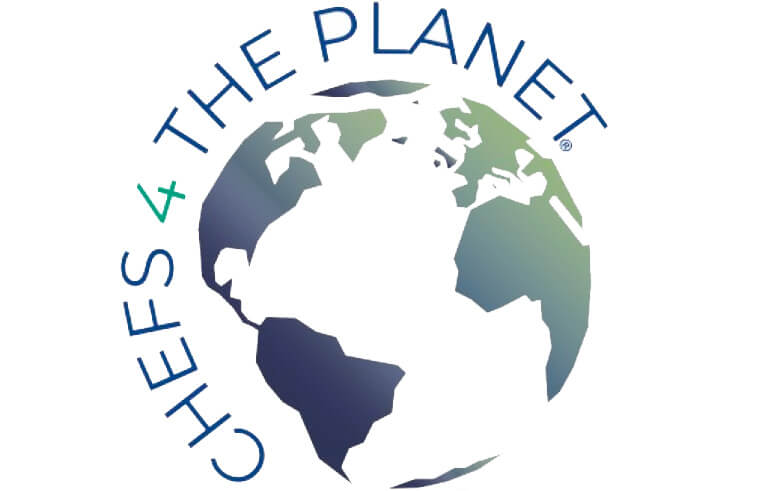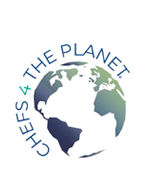Chinese-run factories are turning huge amounts of The Gambia’s fish stocks into fishmeal for aquaculture. But are they taking too much, too quickly?
Gunjur, a town of some 15,000 people, sits on the Atlantic coastline of southern Gambia, the smallest country on the African continent. During the day, its white-sand beaches are full of activity. Fishermen steer long, vibrantly painted wooden canoes, known as pirogues, toward the shore, where they transfer their still-fluttering catch to women waiting at the water’s edge.
The fish are hauled off to nearby open-air markets in rusty metal wheelbarrows or in baskets balanced on heads. Small boys play soccer as tourists watch from lounge chairs. At nightfall, work ends and the beach is dotted with bonfires. There is drumming and kora lessons; men with oiled chests grapple in traditional wrestling matches.
Hike five minutes inland, and you’ll find a more tranquil setting: a wildlife reserve known as Bolong Fenyo. Established by the Gunjur community in 2008, the reserve is meant to protect 790 acres of beach, mangrove swamp, wetland, savannah, and an oblong lagoon. The lagoon, a half-mile (800m) long and a few hundred yards wide, has been a lush habitat for a remarkable variety of migratory birds as well as humped-back dolphins, epaulet fruit bats, Nile crocodiles, and callithrix monkeys.
A marvel of biodiversity, the reserve has been integral to the region’s ecological health – and, with hundreds of birders and other tourists visiting each year, to its economic health, too.
But on the morning of 22 May 2017, the Gunjur community discovered that the Bolong Fenyo lagoon had turned a cloudy crimson overnight, dotted with floating dead fish. “Everything is red,” one local reporter wrote, “and every living thing is dead.” Some residents wondered if the apocalyptic scene was an omen delivered in blood.
Read the rest here: https://www.bbc.com/future/article/20210323-the-factories-turning-west-africas-fish-into-powder?referer=https%3A%2F%2Ft.co%2FfYzemu3Nwz%3Famp%3D1


